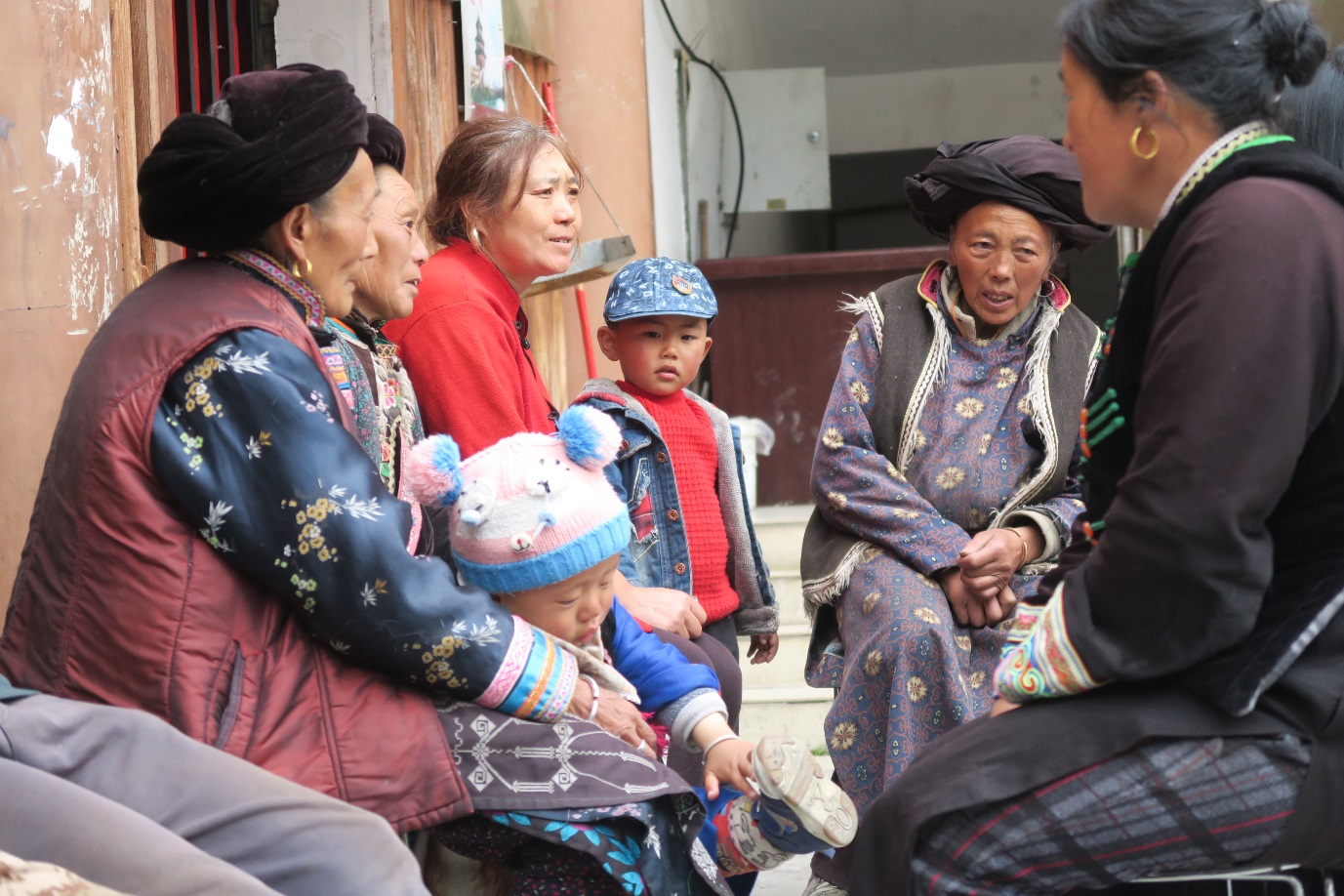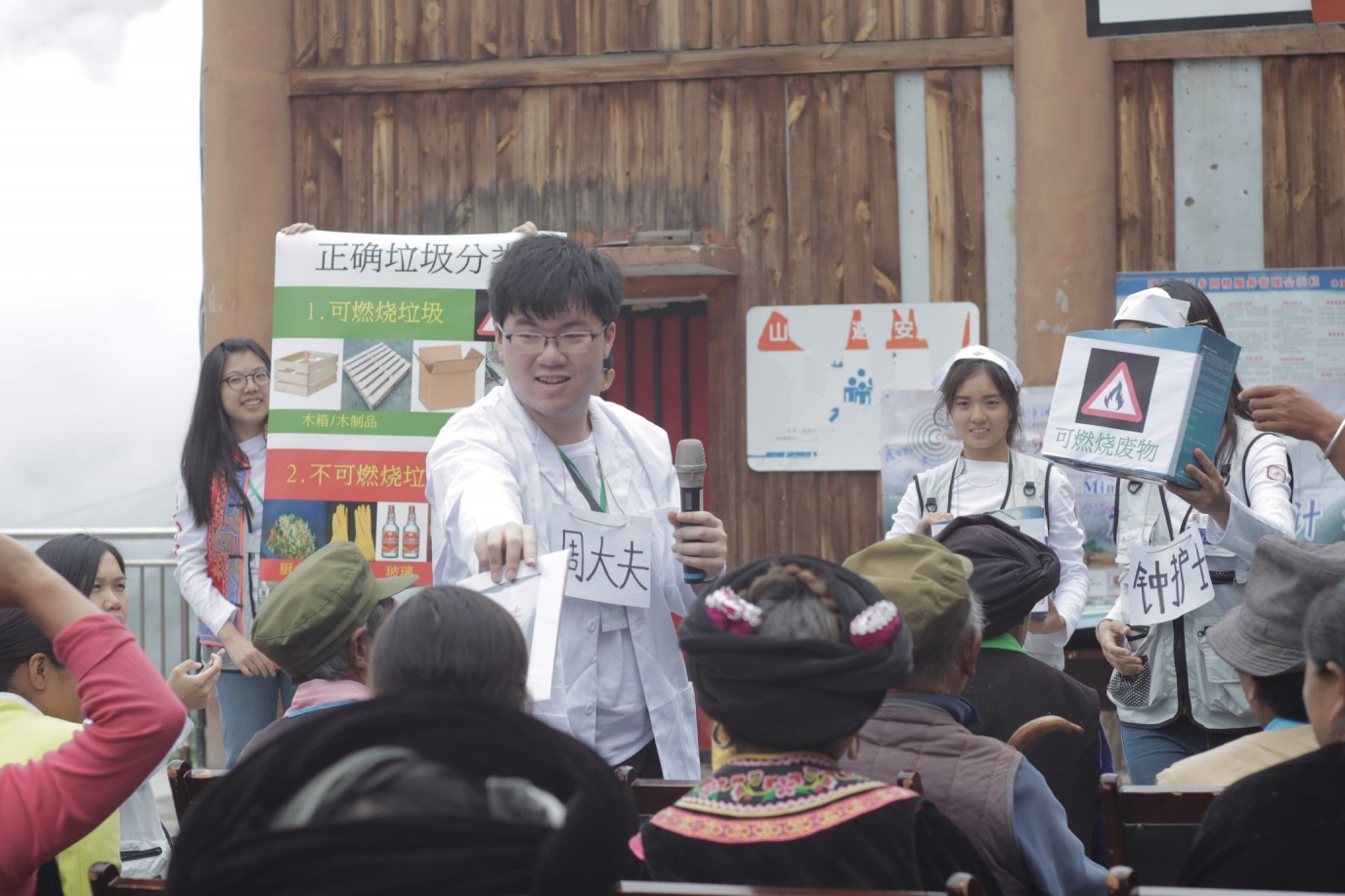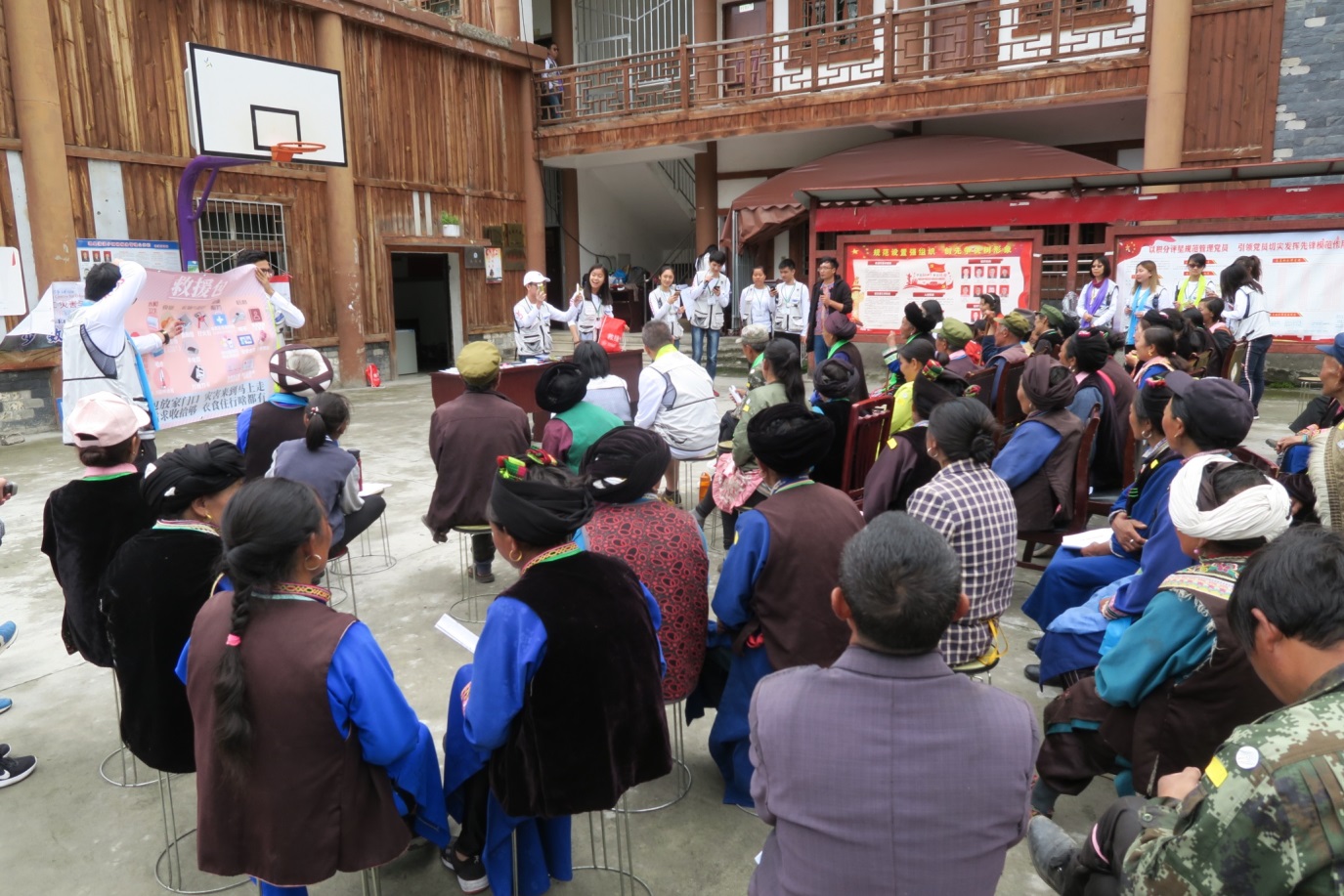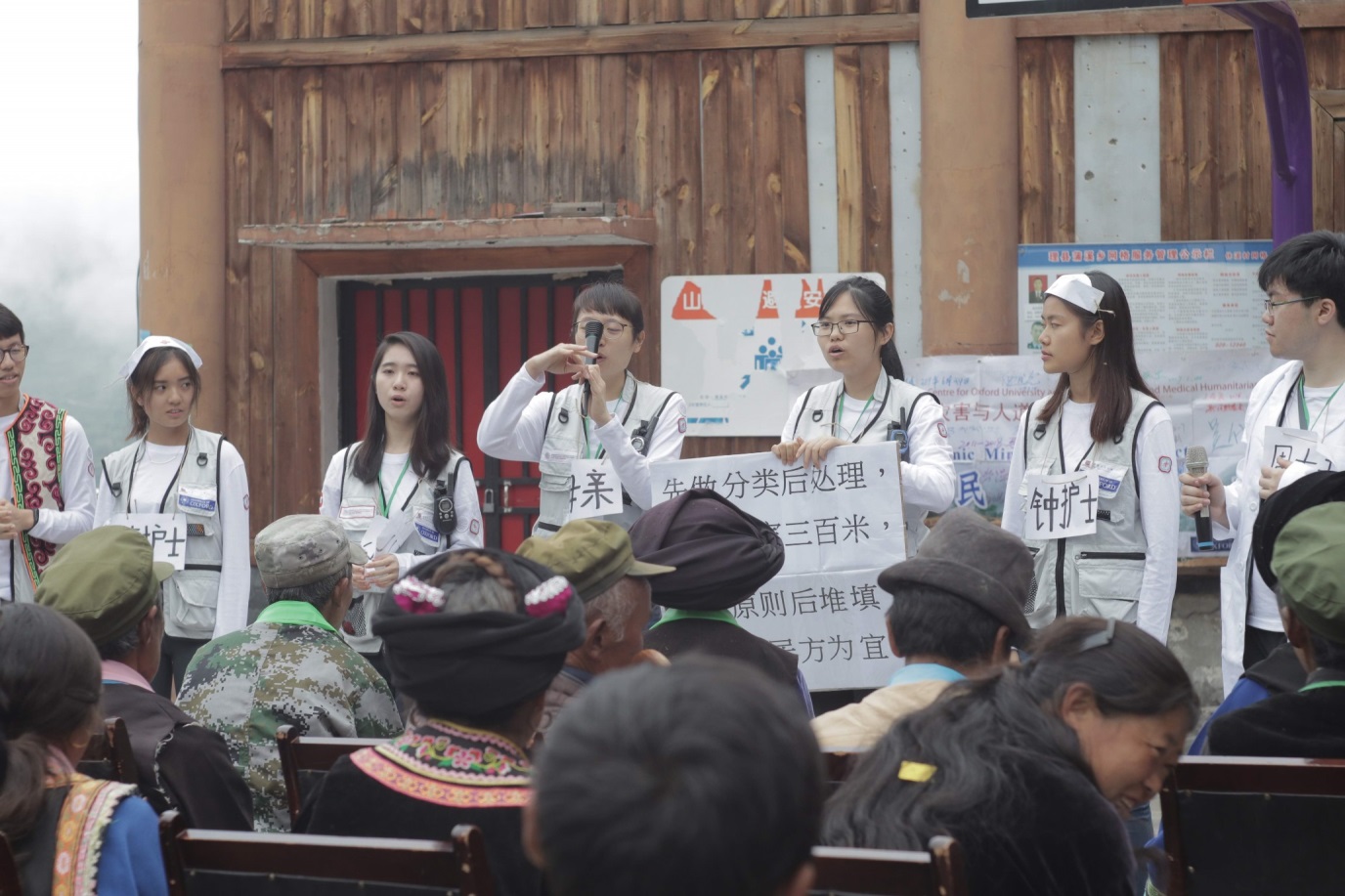Ongoing Site – Xiuxi Village
|
Profile |
Details |
|
Geographic location |
Xiuxi Village, Puxi Township, Li County, Ngawa Tibetan and Qiang Autonomous Prefecture, Sichuan Province, China |
|
Ethnic minority / Proportion of a specific minority among the local population |
Qiang / 100% |
|
Common natural disasters |
Earthquake, landslides |
|
Number of subgroups in village |
3 |
|
Number of households in village |
74 |
|
Total population in village |
290 |
Specific Public Health Issues
- Diarrhoea is common among elderlies and children;
- All waste except glass would be burnt everyday;
- Drinking is common in the community, with some misconceptions such as it could keep people warm and become more energetic.
- 90% male and 10% female smoke (especially elderlies) indoor and outdoor;
- The common chronic diseases in the community include rheumatism, hypertension and diabetes;
- Male villagers seldom drink boiling water.
Disaster Profile
Xiuxi Village is one of the Qiang villages that experienced the Wenchuan earthquake in 2008 despite it did not cause any deaths. Apart from earthquake, landslides is one of the commonest disaster in the area, especially during rainy season. Due to landslide or heavy snow, the road would be blocked until rescuers come, which usually takes several days to fortnight. Before the road re-opened, the villagers have to be self-sustained, e.g. the food stored in the village. Besides, the quality of the running water is also a problem when raining because it becomes muddy.
Photo Gallery
In the field
Health Needs Assessment
To access the current local health condition, potential health risks and health needs, a team of 5 was deployed to the village in April 2019. Field-based focus group discussions, interviews with the village doctor and household visits were conducted.
Health Needs Assessment and Health Intervention
A team of 49 trainees and trainers participated in the trip and conducted health needs survey and health intervention. A total of 49 pre- and post-intervention questionnaires were collected to evaluate the effectiveness of the four interventions.
Health intervention topics:
Food safety
Non-communicable diseases
Waste management
Disaster preparedness kit & ORS preparation
Map











